Abstract:
Environmental Education Programs (EEPs) are considered environmental management tools in Brazilian environmental licensing processes, within the scope of mitigatory and compensatory measures to the social, environmental, and economic impacts caused by development projects or new enterprises. Here, we assess the perceptions and expectations regarding environmental education programs of three groups of actors (communities, environmental managers, and environmental agency technicians) involved in the licensing processes of port activities in the region of Paranaguá, in the State of Paraná, Brazil. Paranaguá is the largest coastal municipality of the state of Paraná, in the southern region of Brazil, and is home to Brazil`s second largest port. Since this is environmental conservation area, the conflicts between the port activities, environmental protection and needs of the local communities require efficient environmental management practices, with EEPs as one of their main implementation tools. The evaluation was based on semi-structured interviews which were analyzed using the methods of content analysis and discourse of the collective subject. The actors understand that environmental education is a potentially effective tool to promote the mitigation or compensation of environmental impacts generated by port developments undergoing licensing processes. The groups considered that the continuity, promotion of social organization, and correlation with the actual environmental impacts related to each enterprise are essential qualities for good EEPs. The evaluated perceptions were complementary and indicate a complex but effective ideal scenario for EEPs in the region.
Reference:
PONTES, Sara Regina Sampaio de; GUIMARÃES, Camila Camolesi; CORNWELL, Tomas Oliver; KRELLING, Allan Paul. Perceptions on the effectiveness of environmental education programs as environmental licensing tools for port-related enterprise in Brazil. Environmental Management, Jul., 16 p., 2022.
Access to the article on the Journal website:
https://link.springer.com/article/10.1007/s00267-022-01682-z
Environmental Education Programs (EEPs) are considered environmental management tools in Brazilian environmental licensing processes, within the scope of mitigatory and compensatory measures to the social, environmental, and economic impacts caused by development projects or new enterprises. Here, we assess the perceptions and expectations regarding environmental education programs of three groups of actors (communities, environmental managers, and environmental agency technicians) involved in the licensing processes of port activities in the region of Paranaguá, in the State of Paraná, Brazil. Paranaguá is the largest coastal municipality of the state of Paraná, in the southern region of Brazil, and is home to Brazil`s second largest port. Since this is environmental conservation area, the conflicts between the port activities, environmental protection and needs of the local communities require efficient environmental management practices, with EEPs as one of their main implementation tools. The evaluation was based on semi-structured interviews which were analyzed using the methods of content analysis and discourse of the collective subject. The actors understand that environmental education is a potentially effective tool to promote the mitigation or compensation of environmental impacts generated by port developments undergoing licensing processes. The groups considered that the continuity, promotion of social organization, and correlation with the actual environmental impacts related to each enterprise are essential qualities for good EEPs. The evaluated perceptions were complementary and indicate a complex but effective ideal scenario for EEPs in the region.
Reference:
PONTES, Sara Regina Sampaio de; GUIMARÃES, Camila Camolesi; CORNWELL, Tomas Oliver; KRELLING, Allan Paul. Perceptions on the effectiveness of environmental education programs as environmental licensing tools for port-related enterprise in Brazil. Environmental Management, Jul., 16 p., 2022.
Access to the article on the Journal website:
https://link.springer.com/article/10.1007/s00267-022-01682-z

